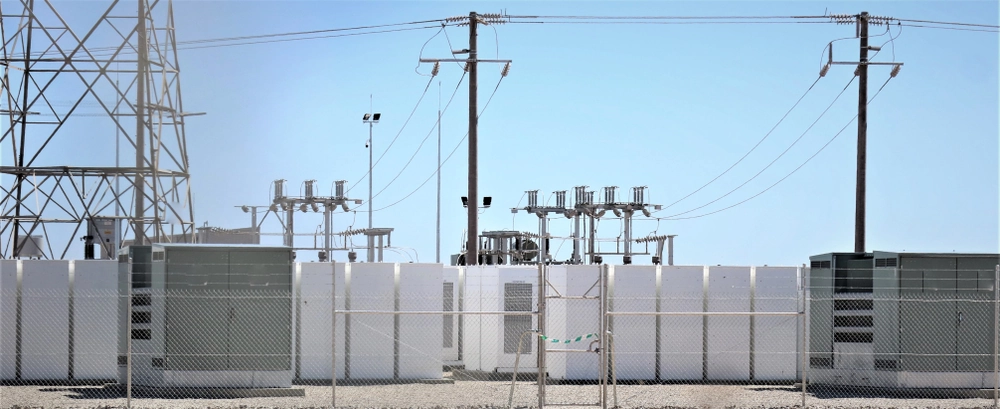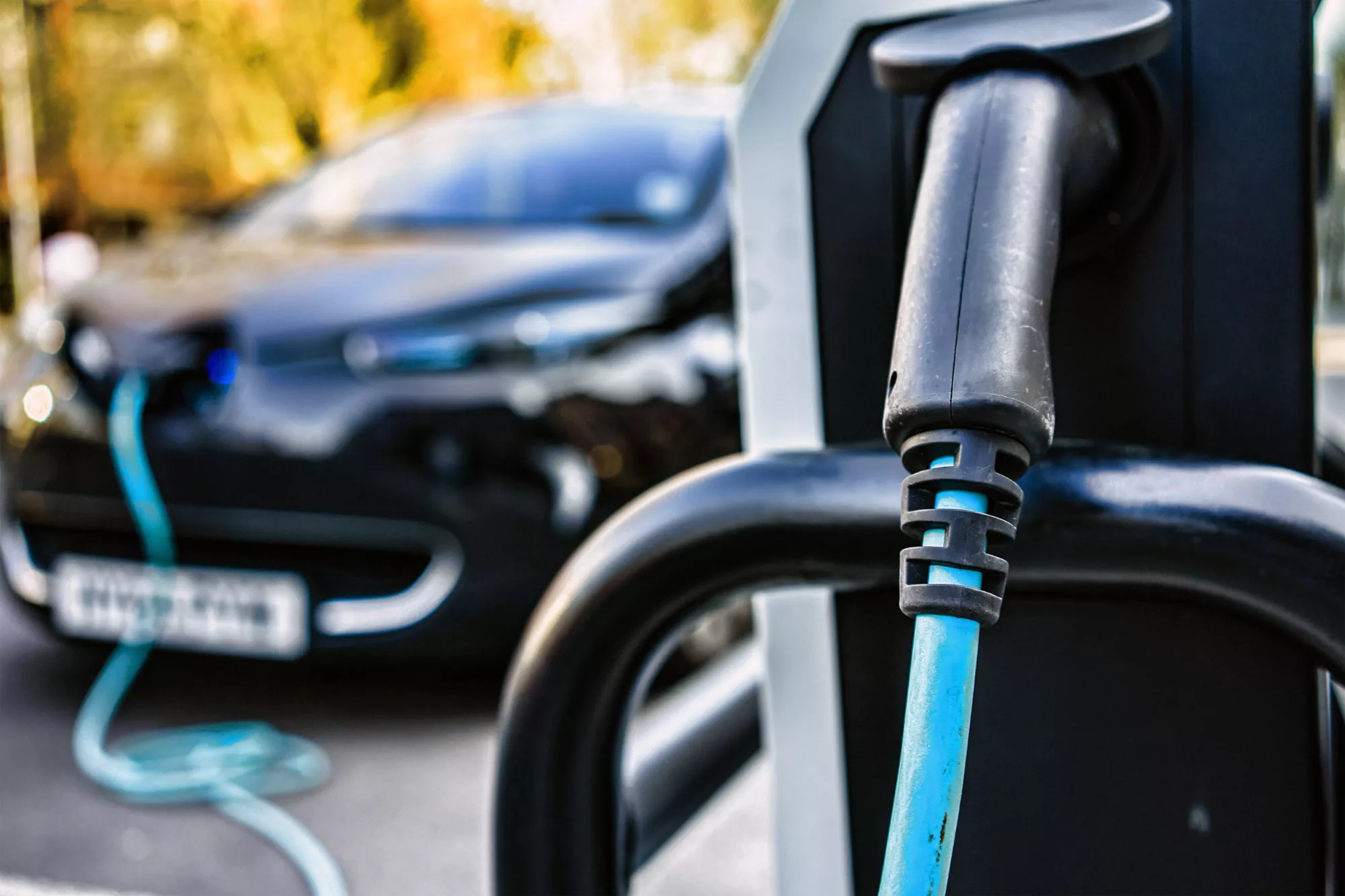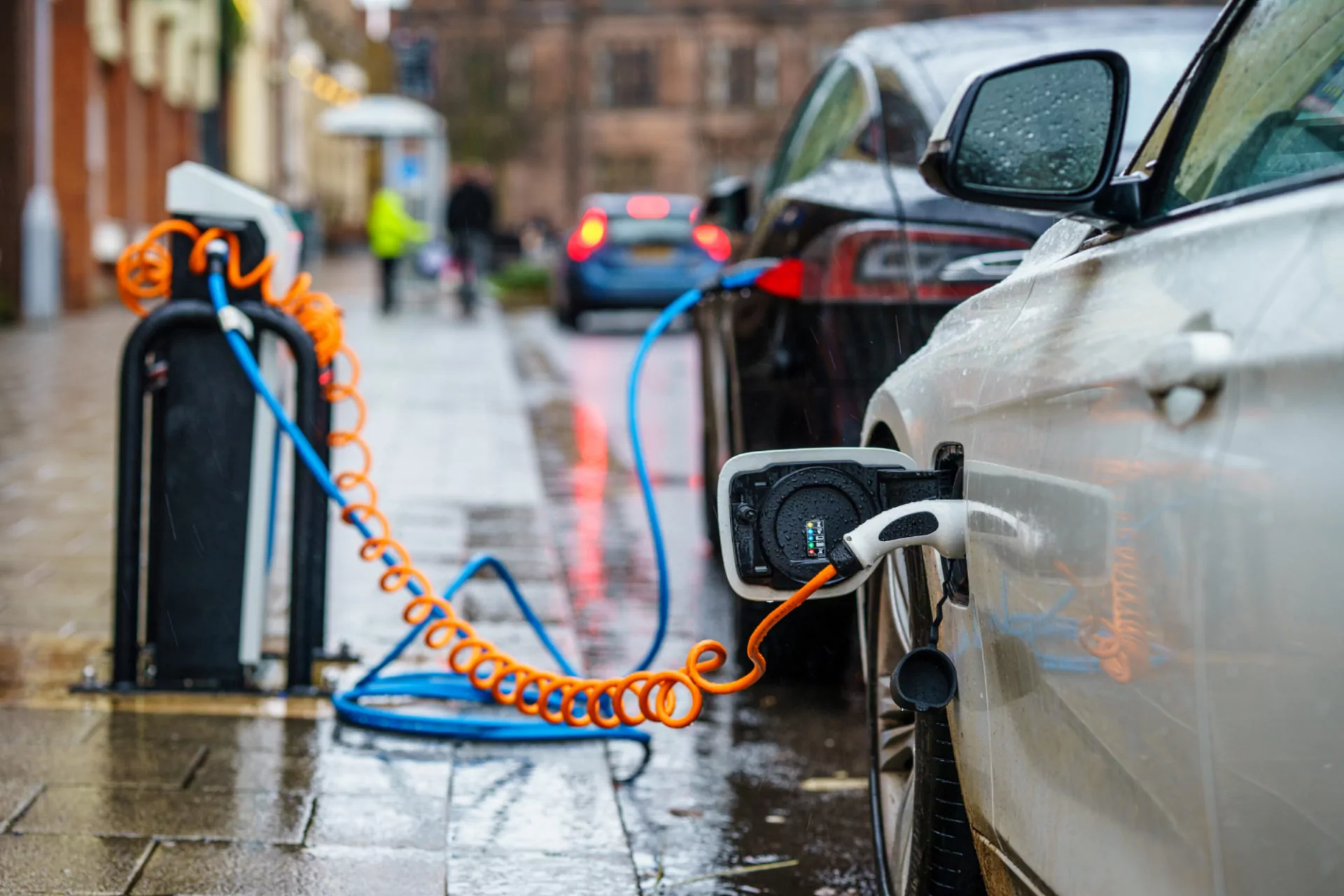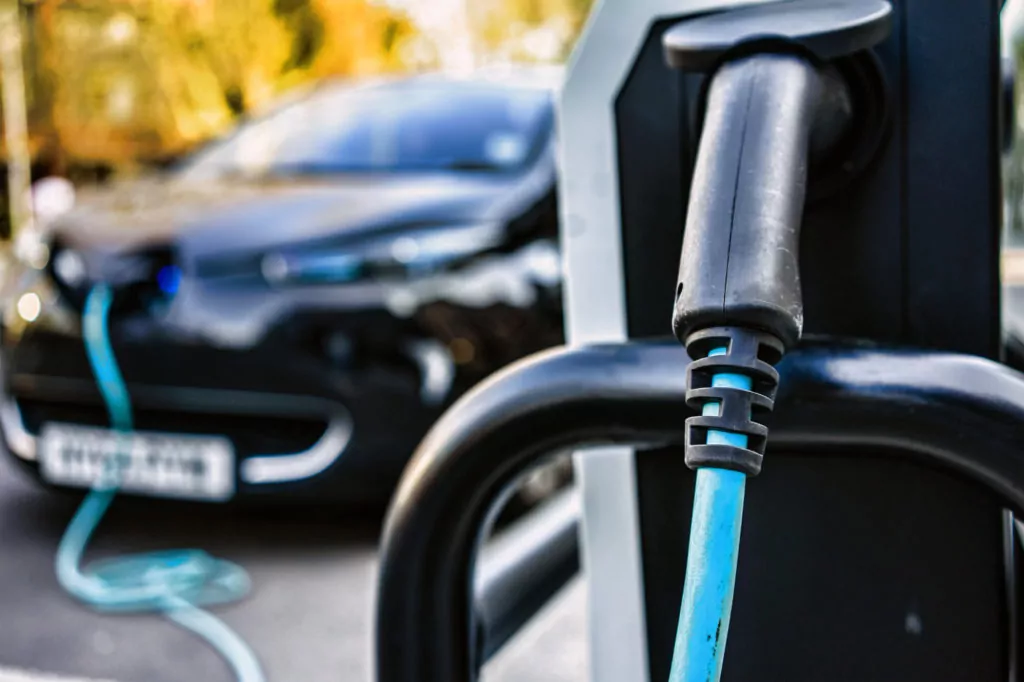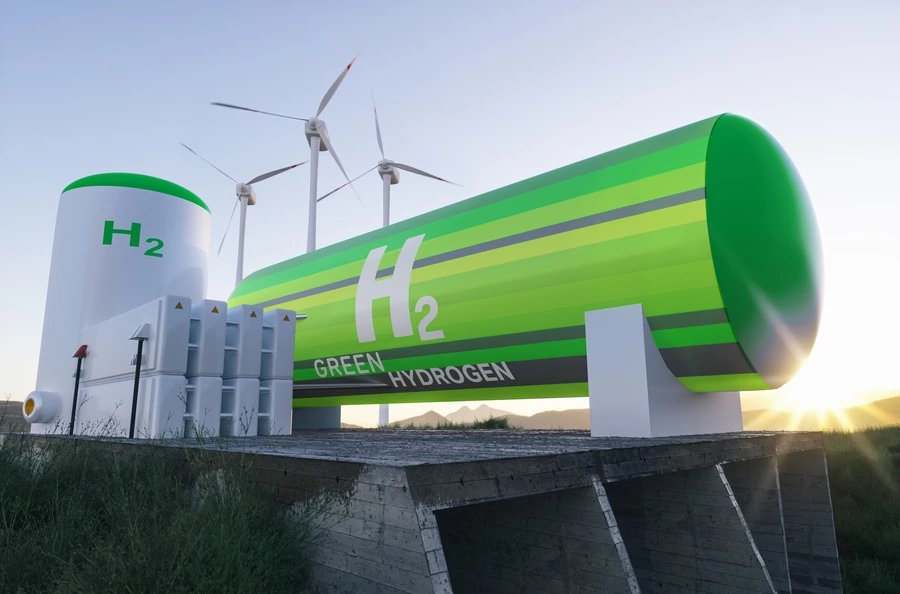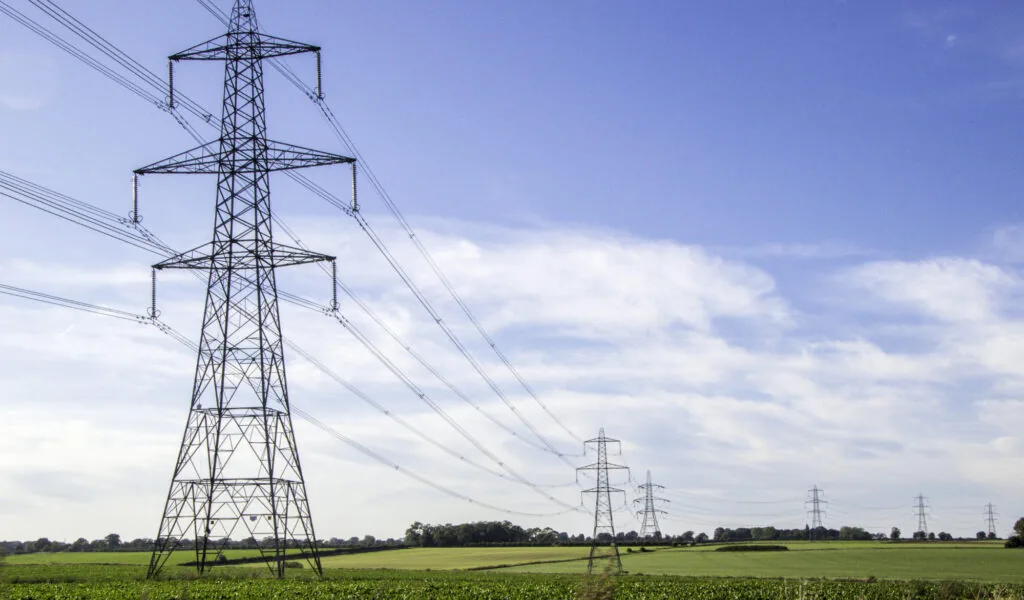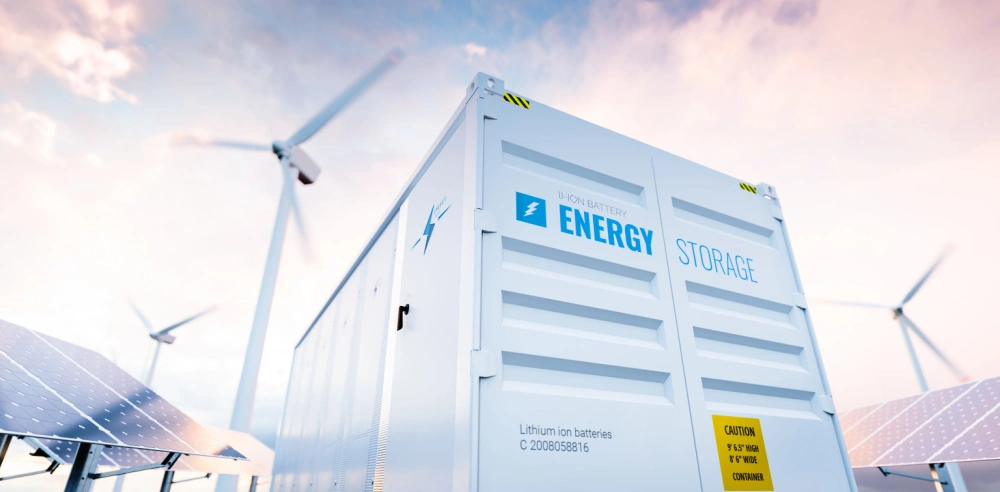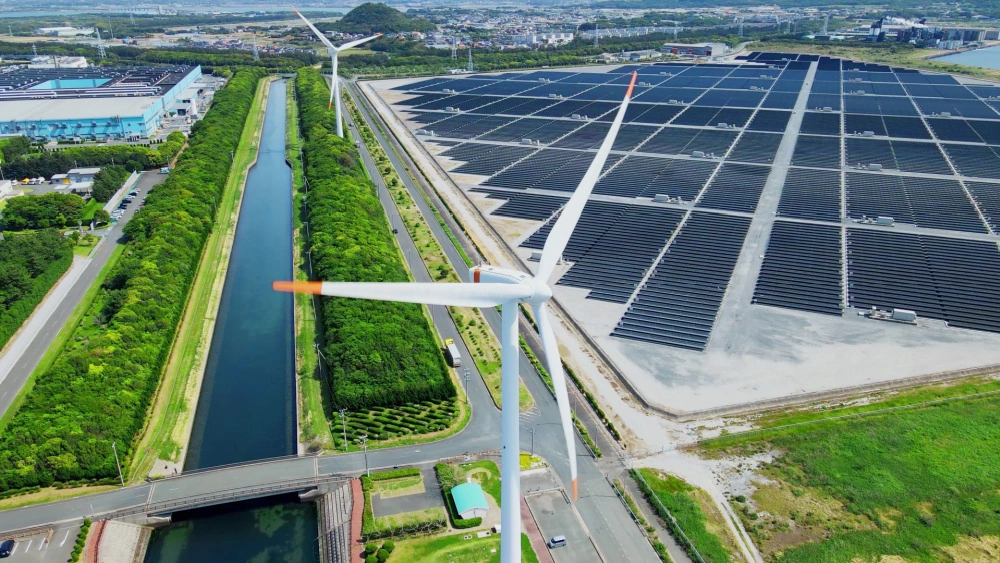The increased use of energy storage systems (in conjunction with the rising uptake of electric vehicles) brings associated challenges in recycling. The development of the recycling industry will also be key to the attempts to address scarcities of raw materials. Failure to appropriately deal with batteries at the end of their useful life would not only be wasteful, but it would also undermine environmental gains linked to battery storage.
If incorrectly disposed of, lithium-ion batteries are toxic and cause a significant fire risk. Toxic chemicals can enter water supplies and animal food chains if they leak. Quite apart from commercial and resource concerns, a successful recycling system is therefore essential. However, for commercial reasons as well as the difficulties, the rate of lithium-ion battery recycling is currently very low and obtaining materials from recycled batteries remains generally unprofitable.
However, more and more batteries used in energy storage systems will reach an end to their useful life in the next decade. Currently, the UK does not have the infrastructure to deal with the number of lithium-ion batteries that will reach end-of-life within the next couple of decades. The regulatory regime for waste industrial and EV batteries at the moment is fairly limited, because current systems are thought to be working well. However, as the need to recycle grows, regulatory changes may be needed to ensure that the 'producer pays' principle remains effective and that policy aims are met.
The current regulatory regime
Utility-scale energy storage batteries fall within the scope of the Waste Batteries and Accumulators Regulations 2009 (WBAR 2009), a piece of EU-derived legislation which provides a system for the separate collection, treatment and recycling of waste batteries. WBAR 2009 is part of the 'producer responsibility' regime, aiming to minimise the impact of batteries on the environment by encouraging re-use/recycling and ensuring that those who place battery products on the market bear the associated cost.
The obligations vary depending on how the battery is categorised. Batteries used in energy storage projects are likely to be classed as "industrial batteries". Industrial battery producers must take back (or collect) waste batteries free of charge from end users in any of the following circumstances:
- Where it has supplied the end user with new industrial batteries during the compliance year.
- Where, although it did not supply the end user with the battery, the end user is unable to return the waste battery to the original producer and the battery is of the same chemistry type as batteries placed on the market by the producer.
- Where, although it has not supplied to the end user, the end user is not able to return the waste battery to another producer for any other reason (i.e., where the end user is unable to dispose of the batteries under either option (1) or (2) above).
WBAR 2009 bans the disposal to landfill or incineration of industrial batteries. In addition to the obligation to take back or collect batteries in the above three circumstances, industrial battery producers must also:
- Ensure that all waste batteries they take back or collect are delivered for treatment and recycling to an approved battery treatment facility (ABTF) or an approved exporter for treatment outside the UK.
- Keep records and report on the amount (in tonnes) of batteries placed by them on the market for the first time in the UK and the amount of waste batteries collected by them and delivered for treatment and recycling in each compliance period.
- Be registered with the Department for Business, Energy and Industrial Strategy (BEIS).
So, who is a "producer" under WBAR 2009? The term is given a wide definition, namely an entity with a UK presence who places batteries on the UK market for the first time on a professional basis. This can include manufacturers, distance sellers and importers of batteries. For instance, the definition captures:
- Developers, EPC contractors or other suppliers who import batteries into the UK and then sell them wholesale in the UK.
- UK manufacturers of batteries or battery storage units that sell to retailers or end-users.
What is happening in the market?
At present, the regulations provide that waste industrial batteries must be recycled by producers through their take-back obligations, and limited detail is provided on how this should be achieved. There is no explanation of how these batteries may be re-used (i.e., used again for the same purpose after refurbishment/repair) or re-purposed (to provide energy in less demanding applications once their value has diminished in their original capacity). Both re-use and repurposing are currently more efficient processes than recycling.
Not many utility scale batteries have yet reached end-of-life, but useful insights can be drawn from the market for retired EV batteries (which are also likely to be categorised as "industrial batteries" under WBAR 2009).



